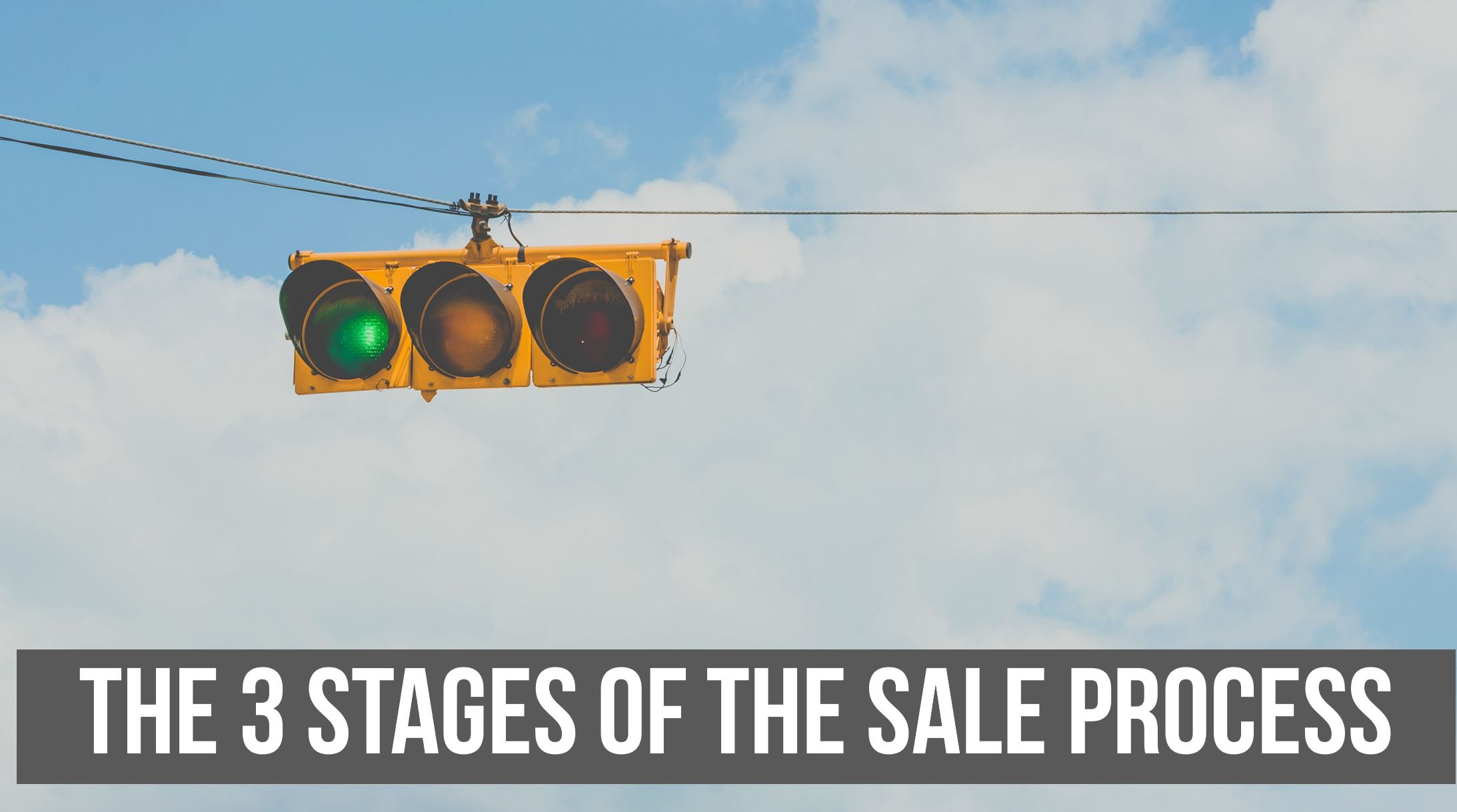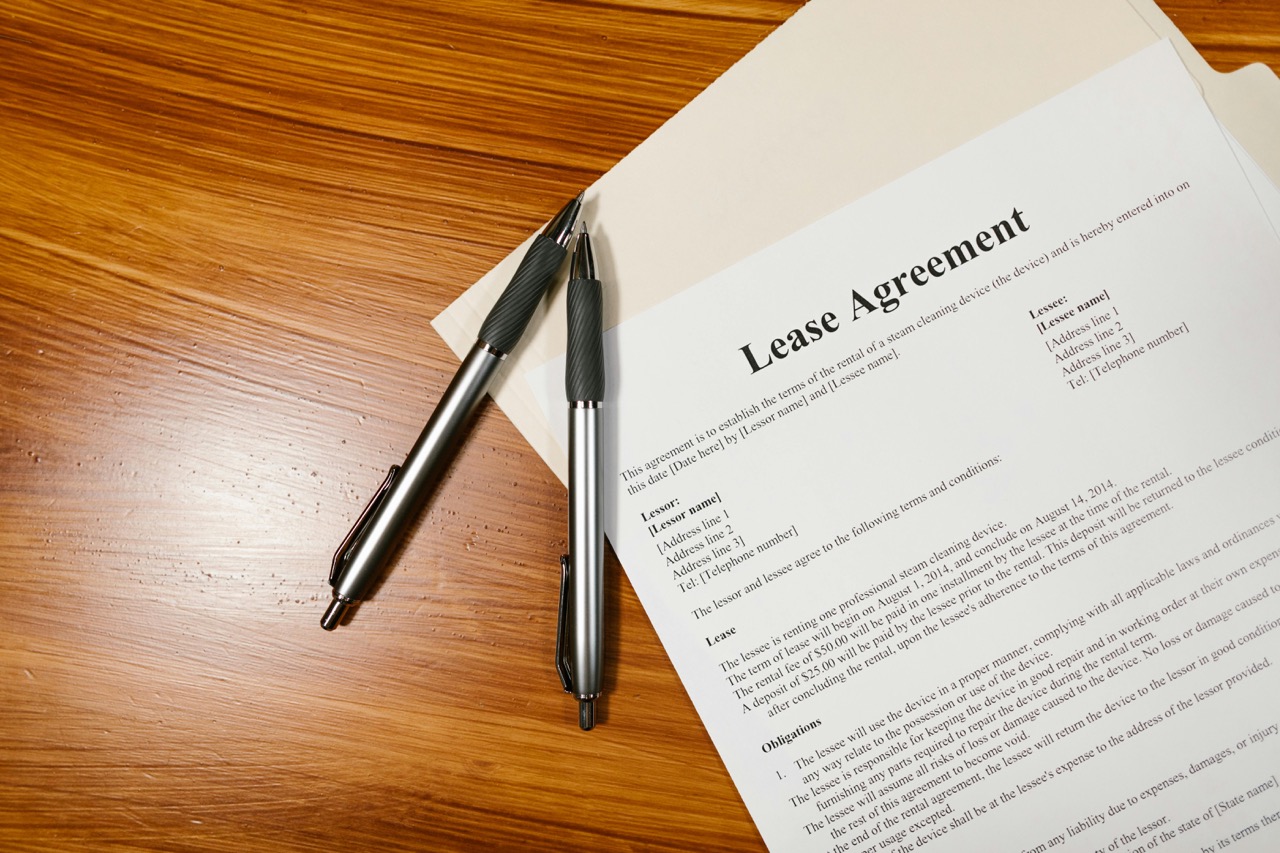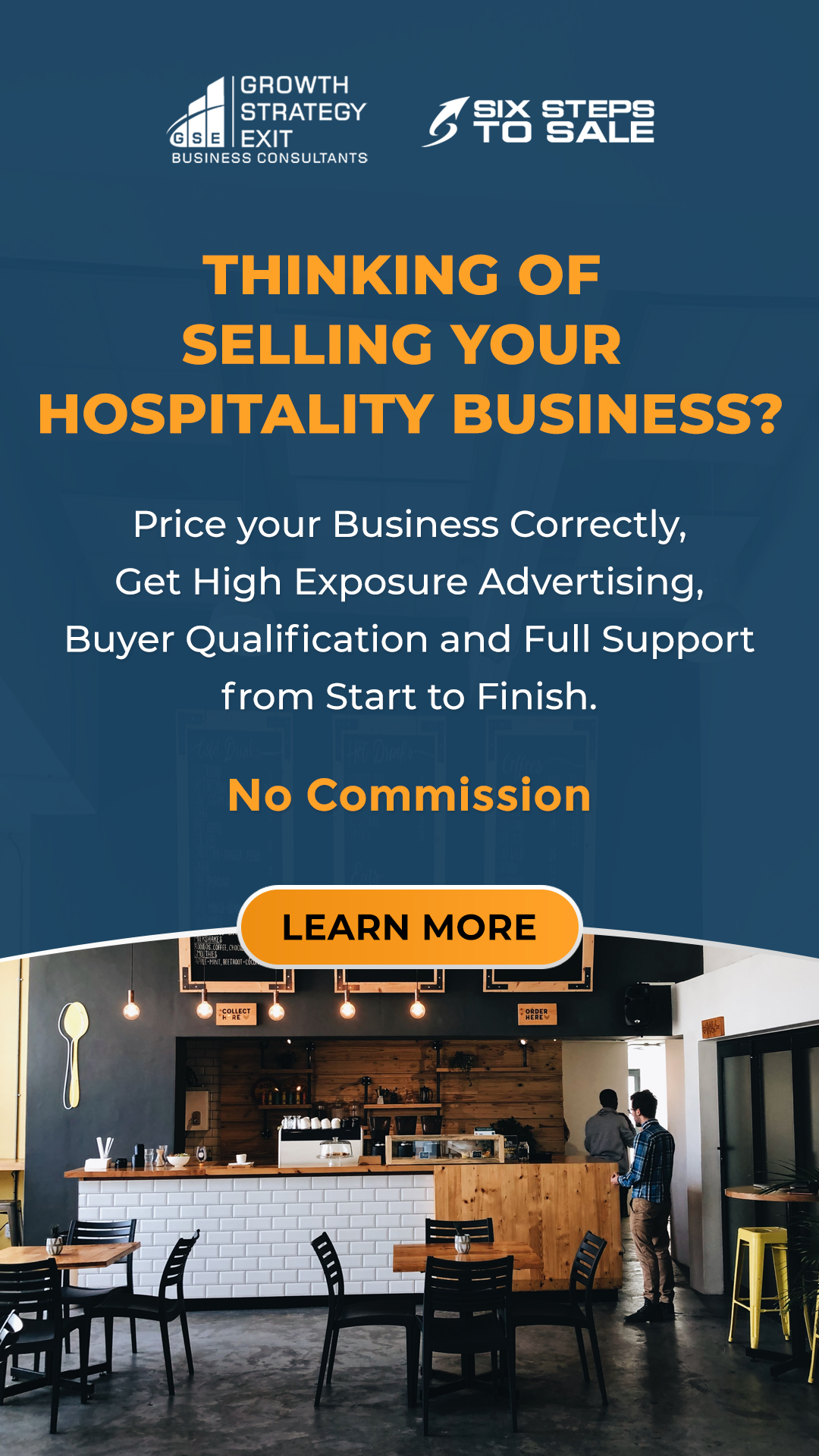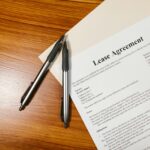The Sale Process – Stage one – Planning
Selling a café or any hospitality business is not like selling a business in (most) other industries. I am sure that I don’t need to spell out the main difference, the subject of the “C” word is probably a whole post on its own.
Whilst the cash side of things can add confusion and complication during the process, especially if you are trying to explain the situation to a newcomer to the industry there are ways to make it easier on yourself.
The Sale Process has three distinct stages that when followed correctly make life much easier, in this post I will cover a few things to consider in Stage One – Planning
Stage One – Planning
If you skip this stage then you run the risk of coming across nasty surprises later on that can stall the sale, i.e. problems with your lease or problems that may mean that you end up with less from the sale than you expected.
I have had both of these things happen to me and trust me it can be pretty upsetting. When I sold my second shop I overlooked the fact that the sale triggered a capital gain. Basically the government ended up doing nearly as well from the sale as me although it had been me slogging it out building the business up.
To make this even worse my accountant later told me that we could have avoided most if not all of the tax with proper planning – A very expensive lesson! That was about fifteen years ago now and writing about it now is still upsetting me, don’t let this happen to you.
When you get the planning stage right you go into the sale knowing exactly what you need to sell for to move you on to the next stage of your life after clearing all of your liabilities.
Its easy overlook some of the fees involved in relation to the sale, things like the landlord’s legal fees, managing agent’s fees and so on.
Going into the sale with a clear plan makes sure that you are fully aware of everything that you are going to need to pay out and gives you the time to make sure you sell for the right price. Getting this stage right helps you to keep the sale on your terms.
Some of the key things to consider doing during the planning stage are:
✅ Check your lease – Make sure that there is nothing in your lease that could slow the sale down.
Finding things like the DA usage not matching the permitted lease use, differences between outgoings in the lease and the lease disclosure document can really slow things down at the later stages of the sale.
Savvy buyers will always focus on the lease early on so it’s a good idea to know the key points so that you can answer questions quickly and get the deal moving. Things like what level the annual increases are, is there a market review in between terms? How much is the bond etc.
✅ Speak with your solicitor – If you are not confident reading the lease then ask your solicitor. It’s a good idea to put them in the picture about your plans at this stage as well, we have a list of questions that we like to suggest our clients ask their solicitor.
✅Check the assignment clause in the lease, this will outline the terms and conditions about you coming off of the lease and the buyer going on. This clause will (usually) also outline that you are responsible for all of the associated costs of the assignment. We have a way of reducing this which we will cover in stage three (upcoming post) once the sales advice is given to the solicitors.
✅ Get your books up to date – If you are not already up to date with your numbers then this is a must, getting the price right (next stage – preparation) will depend a lot on the numbers so make sure they are right!
✅ Speak with your bookkeeper and accountant and let them know about your plans, get them to help you prepare all the financial info that buyers are likely to ask for.
✅ Once you have accurate up to date figures ask your accountant what they think the value of the business might be. Generally speaking this figure is usually a long way off the actual market value so don’t stress too much if its not in line with what you are expecting.
The reason for doing this is to get an idea of how a buyer’s accountant might appraise the business, this gives you the chance to pro-actively push the value and overcome any potential objection before the buyer takes the figures to their accountant.
✅ Get on the front foot with your tax – Make sure that you know what any tax liabilities might be and get some advice on what the split between apportionment and good will should be when you sell.
Based on your business and personal tax situation your accountant will be able to give you advice on how best to split the sale price % wise. Knowing this upfront will allow you to get this into the contract of sale early on and potentially reduce that amount of negotiation around this point.
✅Check and double check your outstanding liabilities when you sell. Make sure that your accountant gives you a clear idea of what you would need to pay out when you sell. Don’t overlook things like lease agreements and loans etc.
✅ Check your agreements – If you have equipment “on loan” like coffee machines, grinders, POS Systems, sparkling water systems etc are the agreements transferable or will you need to pay out a sum to break the contract?
I hope this gives you a bit more insight into some of the first things that you should be considering and doing when selling.
Stage #2 – Preparation
This stage is where we get everything prepared for dealing with inquiries and work out what the sale price of the business is going to be.
The preparation stage in my opinion is the biggest chance you have to make the sale as easy as it can be for yourself, this stage can also make a big difference in the time that you spend on the market.
You are probably aware that in the current market there are a lot of other cafes for sale, most buyers are typically looking at several businesses at the same time. If you are not ready to deal with inquiries or if you do not have the answers to the most common questions ready to go then you are risking losing your buyer to another business.
When it comes to valuing your business then it is a fine line, if you undervalue the business then you will stand the chance of walking away with $10K – $20K (or more) less than you deserve. Go too far the other way and you will find that you get little or no interest from the market.
The old way of pricing cafes and then adding some on to allow for fees and negotiation simply does not work in the way that it used to. Buyers have never had more information readily available and you need to price the business correctly right from the start.
If like most people you are concerned about keeping the sale as confidential as possible then the preparation stage can also help here. Its pretty simple really, if you are priced right you will get more inquiries. If you have all of the information that buyers are likely to ask for ready then you will be able to move them through the process quickly.
The combination of these two things being done properly is going to mean that you stand the best chance possible of reducing your time on market, this will help you to reduce the chance of staff, suppliers and customers finding out that you are selling.
In summary, when you get the preparation stage right you will be confident that you are priced right and that you have everything ready to be able to deal with buyer inquiries quickly and efficiently.
So what does the preparation stage involve?
• Document preparation
I find it quite amazing how different buyers look at cafes in different ways when considering the purchase.
Some people are completely focussed on the financials, some get wrapped up in the location, some the décor and the smart ones get obsessed with the lease.
You need to be prepared to deal with all of these areas and if you work through the previous stage as well as this one you will find that the process will also help you to have important information front of mind.
To make it easier for yourself to share information with buyers you can use a cloud storage system like Dropbox or Google Drive to store all of the information that buyers are likely to ask for.
Having everything in one place like this will mean you can easily share multiple files quickly and this will save you a lot of time.
As mentioned above different people focus on different things and that means that there is potentially a lot of information that you need to have at hand. Rather than list it all out here you will find a check list here https://www.gsehospitalitybrokers.com.au/document-checklist-download
Some of the most important information to have ready is:
✅ A soft copy of the lease.
✅ A copy of the liquor license.
✅ An inventory of the fixtures and fittings
✅ A schedule of employees
The other items on the checklist you will also need to have ready to progress inquiries but the four above will allow you to answer some of the most commonly asked questions.
[TIP] We actually build a lot of the information from the fours points above into the business profile and/or adverts to answer the questions early on.
The other key benefit if gathering all of this information is that it is going to help you with the process of valuing the business.
What is your business worth?
As mentioned above this part of the process is crucial to get right so taking some time here to make sure that you have not missed anything will really pay off.
It is not really possible to go into all the detail of this process in this post, I am considering running an online workshop to go through this properly, if this is something that might interest you then please let me know in the comments. If there are enough people interested I will put something together.
The general “rule of thumb” with a (smaller) food business is that the value will be 1 -3 times the annual net profit of the business.
Whilst this sounds like a fairly basic method of valuation there are a number of factors to consider.
The actual net profit of the business will need to be adjusted for “add backs”, these are expenses that may appear in the P&L but may either be one off expenses or may not relate to the running of the business.
Examples might be:
• Motor vehicle expenses
• One off equipment or repair costs
Once you have accurately calculated your annual net profit then the amount that you multiply that figure by will be affected by the following factors (in no particular order)
• The current market.
• Your Lease terms.
• How established the business is.
• Your location.
• How many day/hours you trade.
• How much competition you have.
• Local infrastructure plans.
• Your involvement in the running of the business.
• The quality and condition of the fit out.
• The inventory of fixtures and fittings
• The future growth potential of the business.
Some of the points above will have more impact on others in relation to how much they will push you up or down that scale of the multiple.
The current market is a good example of this, if you look at trying to sell for a multiple at the level it was 3-4 years ago (or even less) then you will most likely be in for a nasty surprise. The current market value can be gauged by talking to brokers or industry professionals who are dealing with similar businesses.
A word of caution, as with the real estate market the practice of “buying listings” goes on in the brokerage world too. This is when a broker will effectively tell you what you want to hear in relation to selling price in order to get your listing. Be careful not to give away too much early on and ask for information about recent similar sales.
Your lease is also going to play a big part in how far you can push the multiple, if you have a long term with reasonable increases and a reasonable bond you can expect to push for a higher price. By contrast a lease with a demolition clause is going to significantly reduce the asking price.
This all comes back to the principle of return vs risk, buyers want to know that they are going to have enough time to get a good return on their investment. It typically works that the higher the perceived risk then the lower the price. With this in mind it seems like a good opportunity to revisit the last post and the first suggestion – check your lease!
As I am sure you will appreciate there is more to this than we can squeeze into a Facebook post but I hope this gives you a better idea of what you need to consider during the preparation stage.
Look out for the next post where we will cover the advertising, marketing and selling stage.
I am also in the process of recording a four part video series designed to give a it more information on the selling process so keep an eye out for that.
In the meantime if you have any questions about anything in this stage feel free to post them in the comments below and I will do my best to answer them for you.
Paul
Stage #3 – The Selling Stage
Once you have your business fully prepared for sale and you have worked through the appraisal process to make sure that you have priced the business right it is time to get the word out there that your business is available.
Writing the Advert Copy
This is where you decide how to describe your business to prospective buyers in the adverts that you will run business on for sale websites and social media or wherever else you choose to advertise.
The purpose of this advert is to get people to make an inquiry and request further information so that you can get the conversation about your business started.
With the advert copy the idea is to give enough information to people so that they can decide whether or not they would like to find out more. We also want to do this without giving away too much.
It is a good idea to try and keep the text fairly generic so that people are not able to work out that it is your business. You want to do all that you can to avoid people wandering in and asking you about the business being for sale in front of staff, customers or at difficult times of the day, it does happen!
[Tip] Whilst the ad copy needs to show the key features and selling points of the business don’t overthink or overcomplicate this, sometimes less is more. This advert is trying to sell an appointment or an inspection of the business, that meeting is where you will start really trying to sell the business.
Choose Where You are Going to Advertise.
There are many publications and websites where you can choose to advertise your business, prices vary from the low end (Gumtree) up to the top end (SEEK) and the results can also vary greatly.
Generally speaking we have found that the quality of the leads is in line with the cost of the platform i.e. Gumtree will bring in a lot of inquiries but many of them are can be timewasters whereas the more expensive options such as Commercial Real Estate and SEEK tend to give you lees quantity of good quality inquiries.
Despite the rise of the internet the cost of advertising in traditional print advertising still seems quite high. We have helped a couple of clients to run these ads but the results have been pretty poor in relation to the cost.
Social media, in particular targeted Facebook ads can produce good results for a relatively low spend. You will of course need to consider from a confidentiality point of view whether or not you want this information in your feed. One way around this is to use Facebook Ads manager to set up your post, this way you can choose to just run this just as an advert and it will not show in the feed.
[TIP] We use nine different websites to list our client’s businesses and the best results typically come from SEEK, Commercial Real Estate and Australian Businesses For Sale.
Qualify Inquiries and Get Rid of The Tyre Kickers Early On.
Regardless of where you decide to advertise you will want a system in place in filter the leads as they come in so that you are only talking to serious buyers.
Think about asking buyers to take a simple action such as signing a non disclosure document before giving out any information about your business.
You would be surprised how many buyers can’t be bothered to do this, with our clients businesses we follow up 5-6 times to chase people to return these. We use multiple methods such as email, phone, SMS and FB messenger.
If we do not get the signed form back after that we assume that they can’t be that serious and we then remove them from our list.
I don’t know about you but whenever I was seriously looking to buy a business I had no problem being asked to sign and return an NDA, in fact I expected it.
You can easily find examples of non disclosure agreements or confidentiality agreements online and then just edit them to suit your needs.
[TIP] You can read more about qualifying leads in this Blog Post https://www.gsehospitalitybrokers.com.au/get-rid-of-the-tyre-kickers-early-on/
The Business Profile or Information Memorandum
The information memorandum or business profile as it is sometimes called is the document that you can to use to provide more detailed information about the business to qualified buyers (after the previous step).
These are people that have made initial contact through viewing the adverts and have completed a confidentiality agreement and whom you may have spoken to about the business.
You send out the information memorandum to give buyer details such as business name, location, sales, and profit etc. The idea is to provide enough information for them to decide whether or not they would like to arrange a viewing of the business.
The information memorandum also provides details about the sales process and reminds buyers about the importance of confidentiality when viewing the business.
After you have sent out the information memorandum it’s a good idea to make a follow-up call within 2-3 days to ask for feedback and see if they would like to have a look at the business either as a customer or out of hours.
The Inspection
If all has gone well with the previous steps then you should have a qualified buyer or buyers that are keen to come and have a look at the business and discuss the operations etc with you.
Whilst the inspection is an opportunity to answer all the questions that the buyers might have it pays to remember that this is also where you have the chance to further qualify the buyer. Try and make sure that you use this time wisely and gather as much information as you can about the buyer’s background and their financial position. You would be amazed how many people get to this stage (and beyond) and do not have the experience or financial capacity to either gain approval from the landlord or complete the deal.
Make sure that you keep things positive about the business and try to just answer the questions that you get concisely but without talking too much or giving more information than you need to.
Whilst you do not want to mislead people in anyway there is no point in offering information that could potentially put people off of your business. Your role now is to start selling so focus on the features and selling points and use the information that you have gathered from the buyer to help to draw them in emotionally.
Don’t give away too much about your personal situation, buyers will often try to find out your motivation for selling. Be careful not to give any indication that you are desperate to get out or that you have any problems as this can be used against you later on and lead to a lower offer.
A big part of the sales process is identifying what the buyer’s objections are and then overcoming them. Ideally you will have a good idea of what potential objections could be and you will have addressed some of these in the business profile or during early conversations.
The chances of somebody coming along, looking at the business and making a decent offer without some sort of objection is quite slim. I love it when people tell me that they are not interested in a business because it gives me the chance to then isolate and overcome their objection. If somebody tells you that they are not interested in your business don’t give up, find out what the issue or concern is and then present them with a solution.
The Offer
After a successful viewing and after thoroughly qualifying your buyer the next step is to push for an offer.
At this stage it pays to remain unemotional and try not to take anything personally. Buyers use a lot of different tactics and strategies to try and get a deal and try to convince you to accept a lower offer.
I find this much easier to deal with when it’s somebody else’s business as opposed to my own as I can remain totally impartial. It’s quite easy to get upset when somebody gives feedback about your business especially when it has cost you blood, sweat and tears. Try not rise to it though as it could cost you a drop in the price or even the deal.
If you have gone through the appraisal process thoroughly you will be confident that your business is priced right and with this in mind don’t feel that you have to negotiate on price.
The approach that we take is to price properly without adding in too much if anything at all for negotiation. The idea that you have to allow room for negotiation is quite dated and, in the current market if your business is perceived to be over the market value then you probably won’t even get any decent inquiries. You are far better off pricing correctly and getting some people to start talking to early on. “Testing the market” and listing with a view to dropping the price later on if you don’t get offers quickly enough are not effective these days.
Keeping Your Deal On Track
Once you have the price and terms agreed this is where the real work starts! Many people think that getting to this stage i.e. weeding out the tyre kickers and getting the offer are the hard part but the reality is this is where you have to work hardest to keep things moving.
In the early stages your buyer has been led by emotion, they have been imagining themselves in the business, thinking about the changes that they might make and now they are going to start justifying their decision logically.
At this stage the buyer will be going through more due diligence and most likely seeking second opinions form their advisors, friends and family.
Having all of the information that they are likely to ask for ready is going to help you to answer questions and overcome objections quickly. What you don’t want is to be asked for something that takes a while to find or prepare, any stalling or slowing of the deal at this stage can be fatal.
At this stage you will be instructing your solicitor to prepare the draft contract and you will also be starting the process of the lease assignment.
If you have followed the steps and advice above as well as in the previous two posts then you are probably well prepared for this stage, you will just need to be willing to chase all three solicitors, you must remain in control and keep pushing the deal forward.
Preparing for Settlement
As you get closer to the settlement date your solicitor will prepare most of the documents in relation to what the buyer must pay upon settlement, this will include any pore payments that you may have made such as rent etc.
Depending on what you have agreed about stock you will also need to prepare to do a stocktake. Whilst there are companies that you can get to do this I have always done it myself with the buyer present.
It’s a good idea to discuss with the buyer what they will/won’t require when they take over, if there are certain lines that they will not be continuing then this will give you a chance to run that stock right down.
[TIP] Remember that if the value of stock when counted is higher than the stock figure in the contract then the buyer is not legally obliged to take it. i.e. if the contract states the stock value to be $3000 and it ends up being $4500 then the buyer can choose just to take the $3000 worth of stock that they want and you will get stuck with the rest.
Whilst this post has really just scratched the surface of the sale process I hope that it has at least given you a few ideas and things to think about.
If you would like to learn more about preparing your cafe for sale then feel free to book in a call with me. On this 30 min call I will cover the following with you:
• What the current market value of your cafe might be.
• The steps you need to take to prepare for the sale.
• What the market is like at the moment.
• How to make sure that your cafe stands the best possible chance of selling.
There is no charge for this call and there is no obligation. At the end of the call if we think that we can help you we will let you know about how we work and, if we don’t think we can help we will give you some advice about alternative options.
Either way you will come off of the call with a much clearer idea about the potential value of your business and of what you need to do next to achieve a sale.
Click on the link below to book in a time that suits you best, once you have selected a time you will be taken to a form which has around 7-8 questions about your business that will help us to get a better understanding and save time on the call.
![]()













